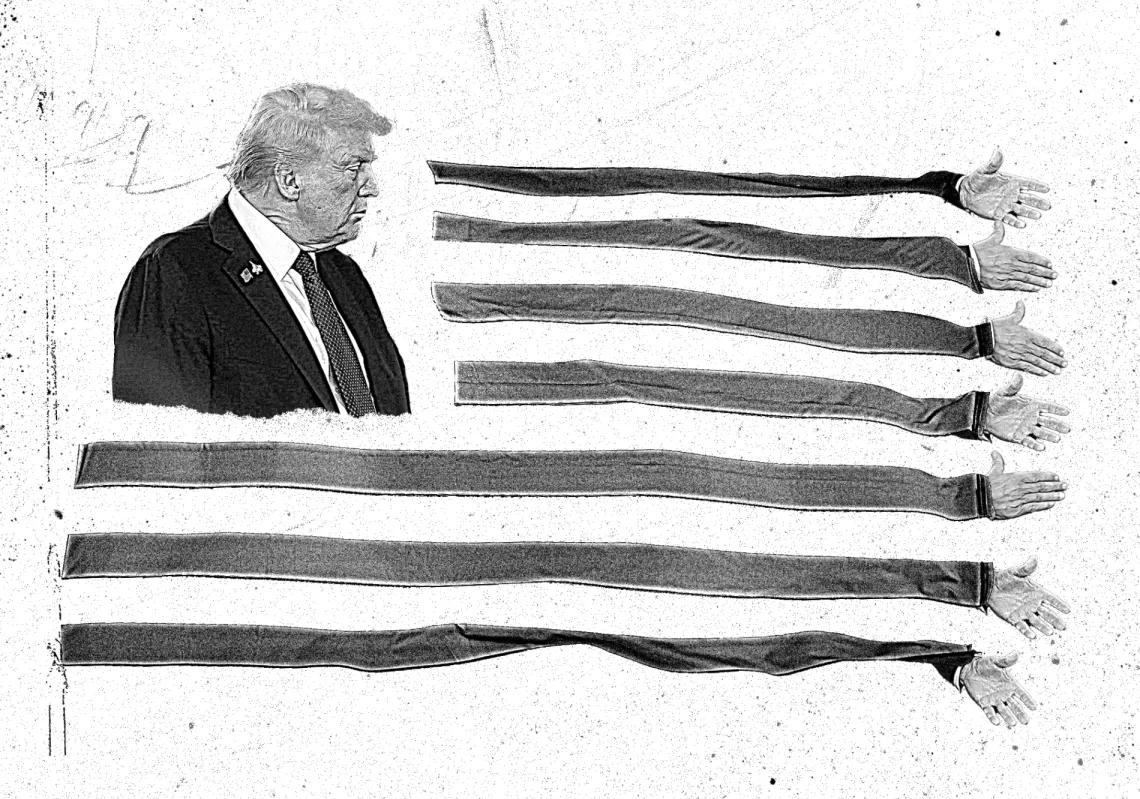For over 40 years, Abbas Kiarostami has been known for his prolific contribution to Iranian cinema. According to historian Hamid Dabashi, Kiarostami and his fellow filmmakers of the Iranian New Wave played a crucial role in the development of Iranian society in the 1970s because their arty, political films created a national cinema that gave people “access to modernity.” Kiarostami’s characters stood out especially: human, too human, but strikingly relatable, they navigated a distinctly Iranian backdrop of rural earthquakes, urban traffic jams, and poetic Persian landscapes that his audience recognized as their own.
Because of this decidedly Iran-centric career, commentators were quick to make an issue of the fact that Certified Copy, which premiered at Cannes last month, was the cineaste’s first picture to be filmed outside his native country. Kiarostami’s decision to shoot French actress Juliette Binoche and the British baritone William Shimmel in Italy was seen as a turning point; paired with his outspoken stance against the detention of fellow filmmaker and former student Jafar Panahi, it left many people wondering whether the turmoil back home could finally be driving him away.
Indeed, it is not easy for filmmakers—particularly those in such great demand—to create work that seamlessly fits the Islamic Republic’s definition of an acceptable picture. Fame, success, and international exposure only pose further challenges. When Taste of Cherry won the Palme d’Or at Cannes in 1997, Kiarostami kissed Catherine Deneuve on the cheek after she presented him with his award. The devout Iranian government was shocked by this gesture—he had no business touching a woman who was not his wife!—and the incident prevented Taste of Cherry, which is largely considered his best film to date, from being released in his home country. Though there was no such scandal this year, Certified Copy has met a similar fate (the official line is that Binoche’s dresses leave too little to the imagination.) But Kiarostami insists that he has no interest in leaving Iran for good. “And at my age,” he told the press shortly after last summer’s contested presidential election, “I’m not going to change my mind,” insisting that his best work is completed where his roots are.
Nevertheless, Certified Copy demonstrates that Kiarostami’s attachment to his homeland has no bearing on his abilities to direct abroad and appeal to foreign—though, admittedly not mainstream—sensitivities. Filmed in Tuscany, with dialogues in English, French and Italian, it could pass for a homegrown French film in a heartbeat. Those who mock French cinema for depicting little more than a bunch of people sitting around a table and arguing will be disappointed with Certified Copy; there isn’t much of a plot, the dialogue can be tedious, and most of the action takes place in a small village. But with its philosophical undertones, its characters’ ambiguous marital relations, and some compellingly convoluted exchanges between the leading characters, Certified Copy makes for a sustained intellectual and esthetic treat.
The film opens at a book reading in Florence. Elle (Binoche) struggles to keep her son quiet as she listens to author James Miller (Shimmel) read from his latest book, a tract on the value of artistic reproductions, or copies. “A copy leads us to the original” declares the author, turning Walter Benjamin’s idea, that reproductions harm the original, on its head. Elle coquettishly passes him a note through a friend, feigning interest, perhaps even a crush, and they meet in a Tuscan village the next day. An unsettling awkwardness soon sets into their interactions; to reverse the cliché of star-crossed lovers instantly feeling like they’ve known each other their whole lives, Elle and Miller act like complete strangers who happen to have shared a bed—and, as it turns out, had a child together.
There is no lack of drama—their conversations regularly deteriorate into emotional breakdowns—or humor, largely due to Binoche’s erratic, almost possessed charm. The couple act out predetermined parts—of strangers, of lovers, of husband and wife, of enemies—in French and English, switching roles and languages with a striking fluency, sharing details about their past which complicate, rather than clarify. They re-experience the history of their relationship in a reversed, disjointed way; we are shown current reproductions of their former selves.
By the end of Certified Copy, Kiarostami has us convinced that the more we learn, the less we know. This situates the film neatly within Kiarostami’s repertoire. The blurry line between truth and falsehood, reality and fiction, the self and its representations, have been ongoing themes in the director’s work; he is famously quoted for having said that “we can never get close to the truth except through lying.” In Shirin (2008), he filmed young women’s faces as they watched a cinematographic adaptation of the Persian myth Khoshrow and Shirin. The film consists of the narration from the un-pictured film, and its viewer’s expressions, which vary from spellbound to incredulous, from joyful to devastated. This forces us to take these emotions at (literally) face value, unconcerned with whether they are real or fabricated.
In Close Up (1990)—a true story in which all the actors play themselves—a young cinema fan convinces people that he is a famous filmmaker. He is put on trial for lying, and the film switches to documentary-mode, covering the actual trial in the courtroom, where he explains that he never felt like he was experiencing the world authentically until he pretended to be a filmmaker. The irony is that by lying about his existence, he ends up fulfilling his wish of “truly” living, behind a camera, for an audience. Today, in Certified Copy, Kiarostami has revisited role-play once again through the interactions of a man and a woman whose rapport defies any logical structure that cinema has previously assigned to romantic relationships.
Atossa Araxia Abrahamian - a writer and translator based between Geneva, Paris and New York. Her work has appeared in Harper's, n+1, the Abu Dhabi Review and Times Higher Education. She currently attends Columbia University’s Graduate School of Journalism with a concentration in Investigative Journalism.







